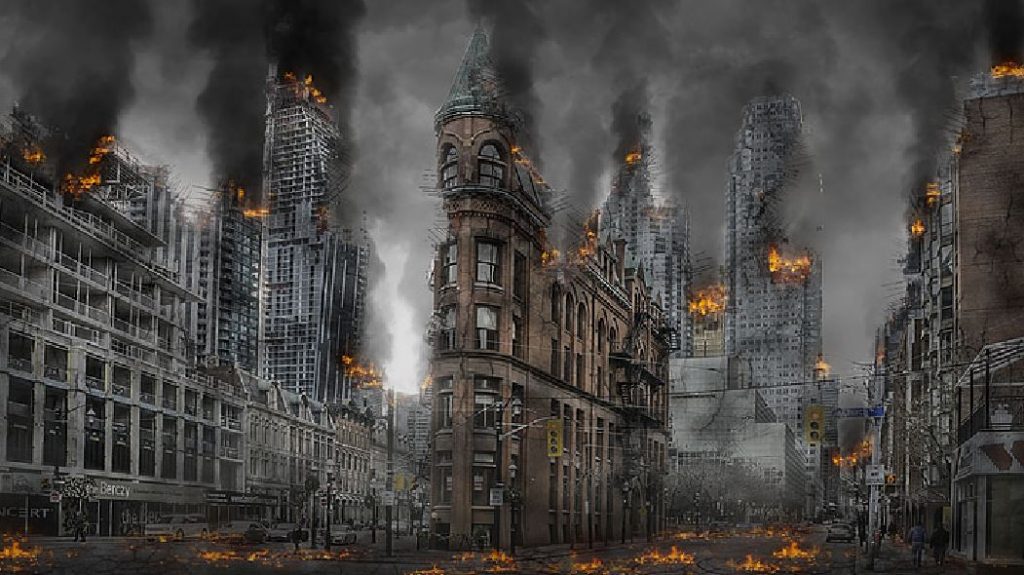
If you are not ready, then the solar eclipse could pose a danger to you. If you are staring at the partial eclipse without glasses, then you could damage your eyes or even become blind, and attempting to take photos without appropriate filters can basically make your camera melt (yikes!). However, there could be one single danger that your parents didn't warn you about, and that’s the possibility of the end of the world.
That’s right! Despite the fact that the world has inconveniently failed to end on any of the previously predicted dates, doomsday enthusiasts predict that the world will end 33 days after the August 21st eclipse. “Christian Numerologist” David Meade believes that a planet is set to collide with the earth on September 23, kicking off the apocalypse.
Fortunately (or unfortunately, depending on how bummed you are about the school year starting again), the world is probably not going to end because of the eclipse. But the actual science of the eclipse is far more intriguing than any fictional account.
An eclipse happens when the sun, the moon, and the earth line up, allowing the moon to cast a shadow on the Earth. If the moon’s orbit were perfectly circular, we would get to see a total solar eclipse every month. Fortunately for our worried parents, the moon’s orbit is tilted, and so its shadow usually misses the Earth.
Eclipses can be partial (only part of the sun is blocked by the moon) or total (the entire sun is blocked). The August 21st eclipse was a total eclipse, meaning that a select number of people along the path of the eclipse were able to see the sun entirely obstructed by the moon (the “totality”).
The path of the “totality” cut across the continental United States from Oregon to South Carolina, although people outside of this 70-mile-wide band were able to see a partial eclipse. Looking at a total eclipse is no more dangerous than looking at the sun on a normal day. However, you’d best be sure that it’s a total eclipse because anything less than a complete penumbra can “cook” your light-sensitive retinas. And, because your retina doesn’t have any pain-sensitive neurons, you won’t even realize it’s hurting you. But generally, if you use the proper equipment during an eclipse, you should be completely safe.
No word on whether or not it can keep you safe from the upcoming “Apocalypse.”